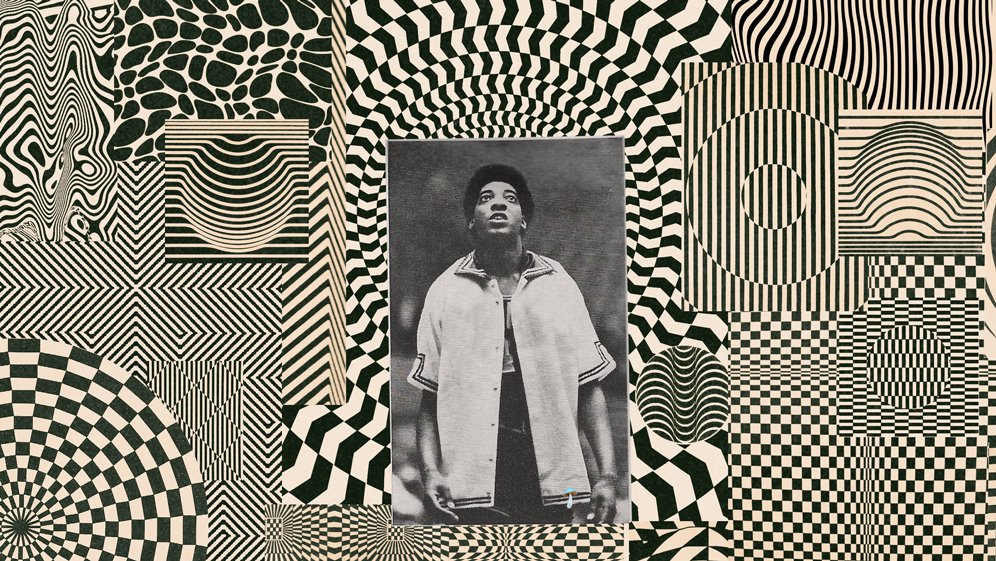Remembering
Before borders, barriers, and boundaries were imposed by man, all that was, was the land; vast, wild, and free.
Mountains were known as elders.
Rivers ran clean and bountiful.
Forests stood as guardians, protecting the medicines of flora, fauna, and fungi.
We rose with the sun, grateful for the light of another day, and harvested our crops by the phases of the moon.
Life moved with the seasons, shaped through relationship; a kinship with all living beings; earth and sky. No division or divide between us as humans, the 4 legged, or finned, the birds signalled our journeys, fire was ceremony. The land, a living being we all belonged to, reverently tended, and in return, she fed us, taught us and healed us.
The Disconnect
Colonization has cast a long shadow, and all of us have been impacted by it.
Since time immemorial, Indigenous communities have cultivated deep, reciprocal relationships with the natural world. Plants are known as relatives, teachers, and medicine. Knowledge and healing was passed down through language, ceremony, and lived experience.
Colonization disrupted lineages, families and sacred ways. The truth is, we all come from the land. We are all indigenous to a place, a territory where our ancestors once knew how to live in harmony with the earth that nurtured us. That memory has been severed, disrupted through divide and conquer, forced migration, religious conversion, and assimilation.
Reclaiming + reciprocity begins with awareness, and opening our minds to unlearning some of the ways we may still contribute to these disconnects.
A Colonized Mind
Displaced from our inherent Indigenous ways, we have absorbed a colonial state of mind; one that is separate from nature, from each other, and our earth-based ways of living. We live in a ever-developing world of boxes, structures, and systems built to benefit a select few. We are groomed to stay in line, and perpetuate the status quo. As things seemingly grow more imbalanced and volatile within the systems set up to uphold it, we are being called to remember the ways that came before…
Beyond Boundaries
Perhaps this is why we’re seeing a surge of interest in psychedelics. They expand our perception beyond the three-dimensional, and invite us to feel more, sense more, and question the frameworks we’ve been taught to accept as fixed. In altered states of consciousness, empathy and compassion can arise as felt experience. We begin to access something greater than ourselves, beyond structures and inherited beliefs, something that feels ‘real’ and true. Could psychedelics be a path to our collective liberation?
While fungi and medicinal plants, including herbal and entheogenic medicines, are increasingly being legitimized within academic and clinical spaces, we must remember that these institutions themselves are products of a colonial system. The frameworks now validating what Indigenous cultures have known for millennia are often the same ones that once dismissed, criminalized, or silenced these practices. This creates a tension and a responsibility. To honour the roots of these medicines means questioning not just what is being legitimized, but who holds the authority to legitimize in the first place.
Communion > Consumption
Dose sat down with Adgar Sánchez, a Mazatec ceremonialist from Mexico, to talk about the colonized mind and the role of mushrooms in healing. Adgar holds ceremony and works closely with his teacher, walking a spiritual path rooted in his ancestral lineage. While he affirmed that mushrooms can support modern day symtoms of colonial disconnect such as anxiety and depression, he also emphasized that true healing rarely comes from ingestion alone. It is cultivated through communion, a word used intentionally to contrast the more extractive language of ‘taking’ or ‘using’ mushrooms and medicinal plants. It’s in small shifts like this within our language, that we begin to decolonize our minds, reshaping how we relate to the natural world, and how we speak reality into being.
Through reverence, spiritual discipline, and ceremony, we create the conditions for real healing. Rooted, simple, ancestral practices become doorways, openings through which spirit allies can support us in the work of remembering and reuniting with what’s true.
Without these foundations, there’s a risk of getting lost in ego, mistaking the path for the destination, and spiralling deeper into spiritual dissonance. “Expectations should be tempered with humility. The spiritual path is lifelong, and understanding deepens over time.”
“Put yourself in good hands,” says Sanchez.
Colonization wired our minds to see through the lens of extraction and control. Beneath the conditioning, there’s a deeper truth: that we all want to be happy and free, ****to live in alignment with something greater than ourselves. Many have endured the violence of colonization directly, surviving genocide, land theft, the forced forgetting of language, ceremony, and culture. Others have absorbed it indirectly, internalizing a disconnect from nature, from each other, from ourselves, and from Spirit. We’ve been taught to chase meaning through consumption, and to seek validation through status, performance, and the currency of likes and follows.
The Pull Toward the Sacred
To embark on a path of decolonization is to begin the journey of remembering. Reconnecting with the roots of reverence, curiosity, and a willingness to return to something sacred. This may be why, when people find themselves in spiritual spaces, something stirs within them. They feel a pull to pursue a path, often without having context or direct connection to a lineage. What they’re feeling is resonance. A deep memory. Because at the root level, all things began in relationship with the land, with each other, with Spirit.
An Indigenous worldview sees everything as connected.
A colonized mind is trained to see the world through hierarchy.
The Lie of Separation
Believing some lives, bodies, and ways of knowing hold more value than others. This mindset insinuates that systems are fixed, and are designed to serve profits. These are the subtle and overt ways colonization continues to shape our thinking today.
This mindset breeds superiority, power-over dynamics, sexism, racism, and binary thinking. It conditions us to see separation instead of connection, ranking instead of relationship. It’s at play anytime we think, “This is better than that,” or “That problem doesn’t affect me.” That’s colonization moving through us.
How Colonization Lives in the Body
It shows up in how we relate to our own bodies; how we shame them, override it’s signals, or treat it like a machine built for productivity. It’s reflected in what we value as status: money, speed, visibility, domination. It shapes how we treat ‘others’, especially those we perceive as different. It plays out in mistrust, judgment, and our inability to listen or witness without needing to fix, claim, or control.
Microdosing as a path to Remembering
For many, microdosing can serve as a gentle threshold, a way to begin shifting perception, softening the lens of our internalized structures, and our colonized mind. When approached with presence and intention, small doses of psilocybin can help us access new ways of seeing and feeling. Microdosing is a subtle reintroduction to the felt intelligence of the body, the earth, and our interconnection with all things. It’s one path toward remembering.
Healing Begins With You
To decolonize the mind is to question the stories we’ve inherited, the ones that taught us to dominate, to consume, and keep us believing in the illusion of separateness.
Mushrooms are ancient and can assists us in finding our way back. They teach through feeling, through presence, through communion. They remind us that healing isn’t linear. It’s a spiral. You may make mistakes, you may forget, and you can begin again.
Start where you are. Be humble. Approach life with revence, curiosity and a willingness to unlearn.
Decolonizing the mind begins in how we listen, how we honour, and how we choose to walk forward, together.
For those called to explore the sacred path of psilocybin in a ceremonial and culturally grounded way, connect with the work of Adger Sánchez, Mazatec ceremonialist from Mexico.
Adger and his wife, Eva, are co-founders of the Institute of Ancestral Ceremonies, a nonprofit organization that partners with indigenous communities to offer responsible and accessible earth medicine retreats with comprehensive preparation and integration support for healing and personal growth.
To learn more or inquire about upcoming ceremonies, visit:



